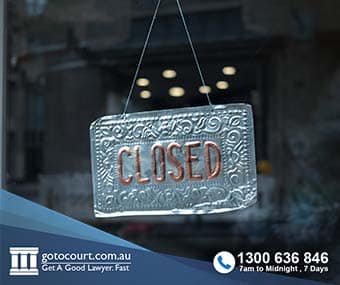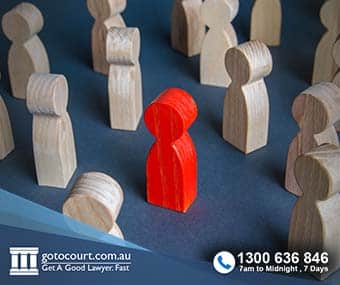Nuisance (Vic)
We often believe that anything that we find annoying is a nuisance. However, there is a difference between what we believe is annoying and what the courts define as a nuisance. Nuisance can be dealt with as a civil law issue and it can also be a criminal offence. At civil law, it is not only the person who causes a nuisance who may be held responsible, but also the person who allows the nuisance to occur. For example, if a person occupies land and allows another person to cause a nuisance on that land, both persons may be held accountable.
Nuisance can fall into two categories: public nuisance and private nuisance.
Public Nuisance
A public nuisance can be both a civil law and a criminal law matter, meaning:
- You may take the responsible person to court for their wrongdoing; and
- The police may charge the responsible person with a criminal offence.
Civil law Victoria
For an action to amount to public nuisance it must have an effect on a wide range of people. Each person must either be affected or disadvantaged by the nuisance. For an individual to seek compensation for a public nuisance, they l must show that the nuisance affected them more significantly than it did the general public. The inconvenience caused by the nuisance must not be small or insignificant.
Criminal law Victoria
Public nuisance is a common law offence, which means that it is not set out in the legislation. Under common law, a person is guilty of public nuisance if they:
- Committed an action which was not authorised by law or that they failed to discharge a legal duty; and
- The action endangered the life, health, property, morale or comfort of the public; or
- The action prevented the public from exercising their legal rights.
Public nuisance matters are usually heard in the Magistrates’ Court of Victoria. However, depending on the circumstances of the offending, they can also be heard in the County Court of Victoria.
Section 320 of the Crimes Act 1958 outlines the maximum penalty for common law offences. This is a term of imprisonment of five years.
There may be defences available to an accused charged with public nuisance. These include:
- That they did not do the acts alleged (factual defence);
- Honest and reasonable mistake;
- Mental impairment.
You should speak to a lawyer if you are charged with this offence.
Private Nuisance
Private nuisance is a civil law issue, which can be defined as an act that interferes with another person’s enjoyment and use of their land. The affected person must show that they live on that land and that the interference with their land was significant.
There are a number of considerations the court may take into account when deciding whether a person’s complaint constitutes private nuisance. These include:
- Where the interference took place;
- The general nature of the neighbourhood;
- When the interference occurs;
- Whether the interference existed before you moved into the property; and
- What a reasonable person would think of the interference.
It is at the discretion of the court to give meaning to the factors outlined above.
Private nuisance can be further classified into two situations.
- Material Damage
This is where there is damage to buildings or chattels on the land that is more than trivial. It may include damage by fire, damage to paintwork or damage by tree roots.
- Intangible Interference
This is where the nuisance is caused by something other than physical damage. This may be smoke, noise or overhanging tree branches.
Going to court
The process that will lead to a matter going to court is different for civil and for criminal instances of nuisance.
Criminal nuisance matters
If a person makes a statement to Victoria Police, the person responsible for causing a nuisance may be charged with the criminal offence of public nuisance. After this occurs, the person who made the complaint may be required to attend court to give evidence. They may also be contacted by police to provide a victim impact statement.
Civil nuisance matters
Prior to commencing civil action for nuisance, it is generally advisable to speak to the person causing the nuisance about it and politely ask them to stop. If discussing the matter directly with the person does not resolve the issue you may wish to utilise the services of a mediator and invite the person to attend mediation. If the matter remains unresolved, your next step may be to initiate court proceedings.
Civil law litigation can be complex and lengthy with a number of deadlines the parties must meet. If a court finds that the responsible person created a nuisance, they can:
- Order an injunction, which stops the responsible person from doing the act which resulted in the nuisance;
- Order that the responsible person not commit the act that is likely to result in the nuisance; or
- Order that the responsible person compensate the affected person.
The information provided in this article is intended to be of a general nature only and does not constitute legal advice. Should you require legal advice or representation in relation to any legal matter, please contact Go To Court Lawyers.





